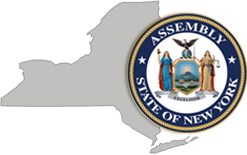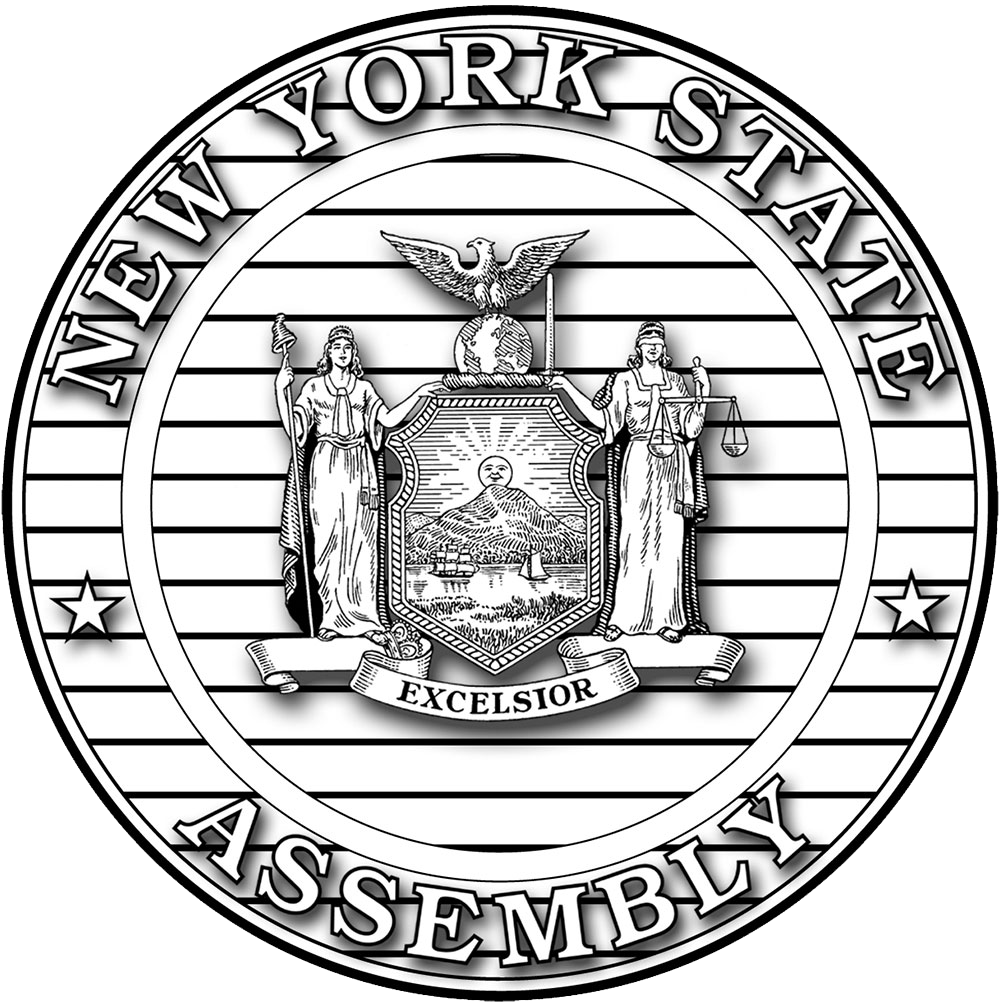Medical Aid In Dying: A Dangerous Step With Irreparable Consequences
Column from Assembly Minority Leader Will Barclay
Earlier this week, the New York State Assembly passed the Medical Aid in Dying Act (A.136/S.138) by a narrow 81-67 margin – one of the closest votes we’ve seen in years. During the four-hour debate, the maximum time allowed by Assembly rules, legislators from both sides of the aisle expressed serious moral, legal and practical concerns about the bill. While there was bipartisan opposition, there was only Democratic support.
The list of problems with this legislation is lengthy. The bill allows an adult patient of sound mind with a prognosis of less than six months to live to seek permission to self-administer a life-ending drug. The potential for abuse of lethal medication is deeply concerning. Once it is obtained, there are no safeguards in place to ensure it does not fall into the hands of someone other than the patient, like a child. Digging deeper, there are legitimate concerns that cases could arise where frustrated family members pressure patients to consider suicide to avoid having to pay for care, or provide it themselves, as a patient nears the end of their life.
Additionally, parts of the legislation directly conflict with other laws already on the books. According to the bill’s language, “The cause of death listed on a qualified individual’s death certificate who dies after self-administering medication under this article will be the underlying terminal illness or condition.” It could be interpreted that the bill calls for doctors to ignore the true cause of death, which is the suicide medication provided. What it amounts to, though, is lying.
Even the medical community is torn over the legislation, with one American Medical Association code of ethics opinion outlining many of the same concerns we had during the bill’s floor debate. It reads: “Physician-assisted suicide is fundamentally incompatible with the physician’s role as healer, would be difficult or impossible to control, and would pose serious societal risks. Instead of engaging in assisted suicide, physicians must aggressively respond to the needs of patients at the end of life.” I couldn’t agree more.
The only silver lining is that doctor-assisted-suicide is not law in New York. It still requires passage in the Senate and to be signed by Governor Hochul. I truly hope it does neither—New York will essentially offer legalized suicide. This would be a grave mistake.
The role of the health care industry is to preserve life and provide comfort to those suffering. This bill does neither. Instead of opening Pandora’s box—bills like this often lead to new legislation well beyond the intended scope of the original—we should instead focus on investing in better mental health services, hospice and palliative care.
I understand the heartbreaking challenges that come with terminal illness, and no one wants to see a close family member or friend suffer. Unfortunately, end-of-life decisions impact us all at some point. This legislation, though, does not honor the needs of those facing the end of their lives. Instead, it creates a terrifying reality where suffering patients could be bullied into taking their own lives, ignores the reality that not every terminal diagnosis is accurate and, worst of all, will put into circulation a deadly poison with no safeguards against its misappropriation. None of that befits the accepted ethical standards of the doctors who will prescribe it and the lawmakers who enable its usage.

